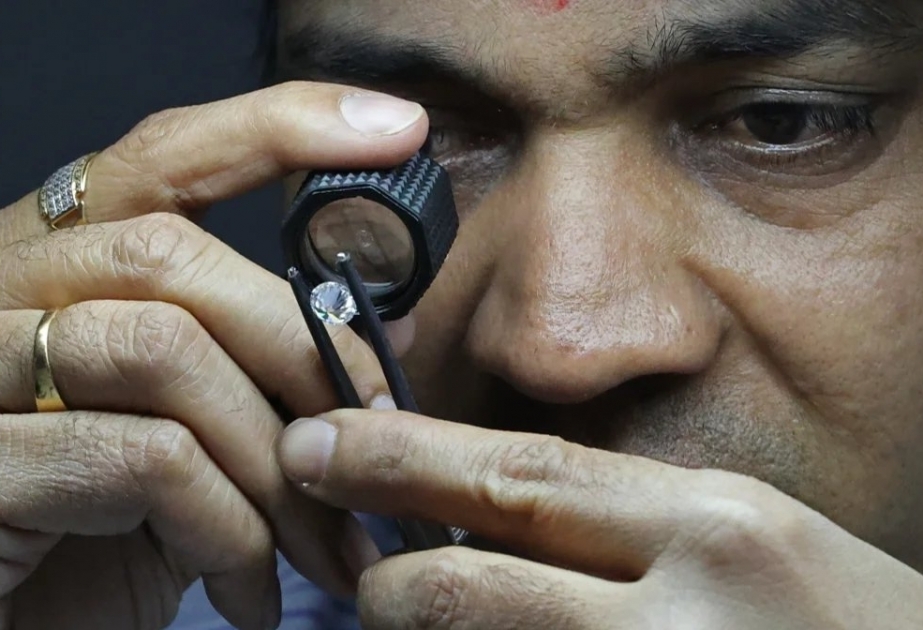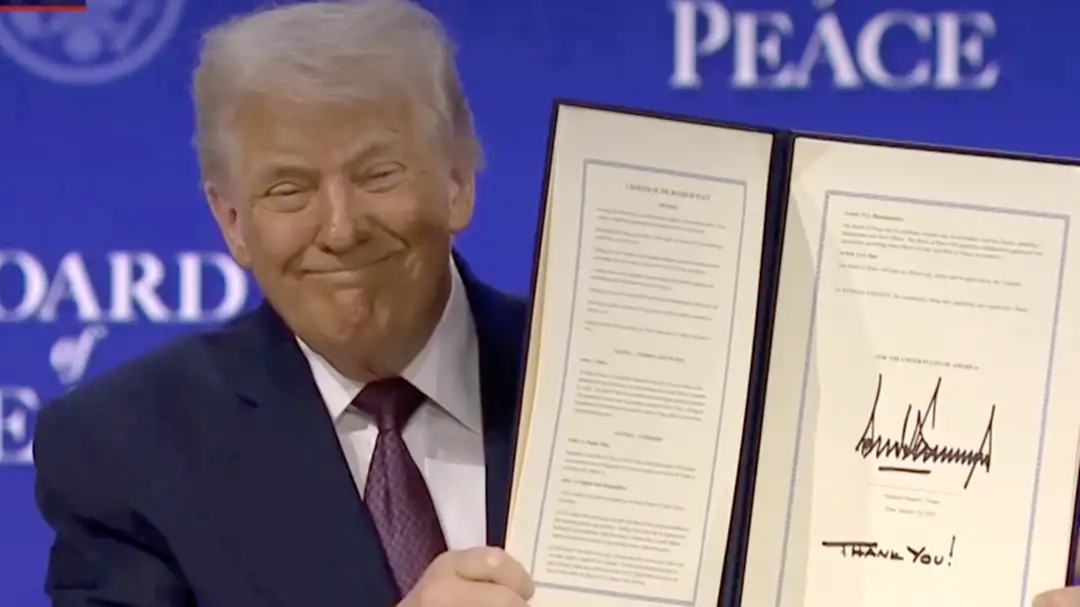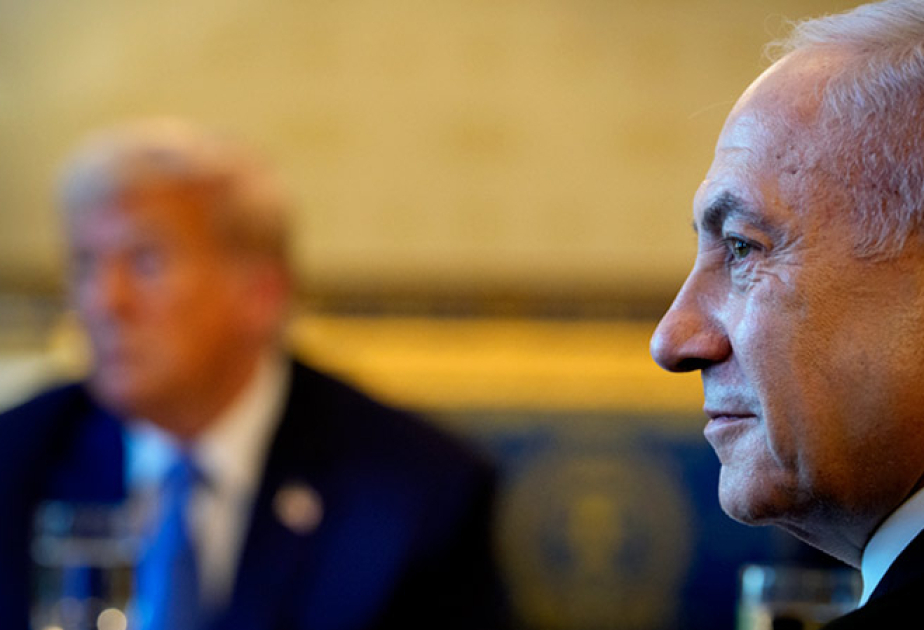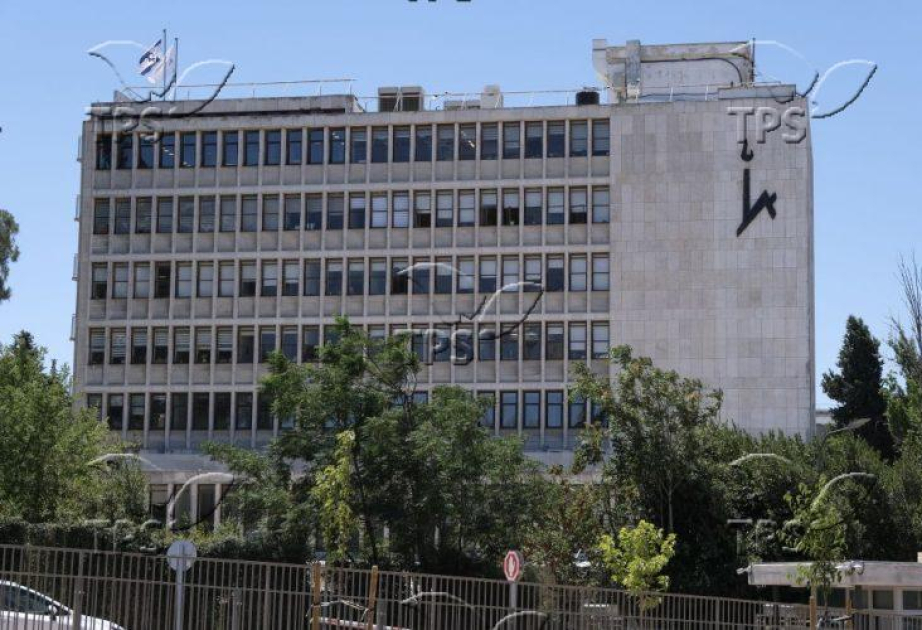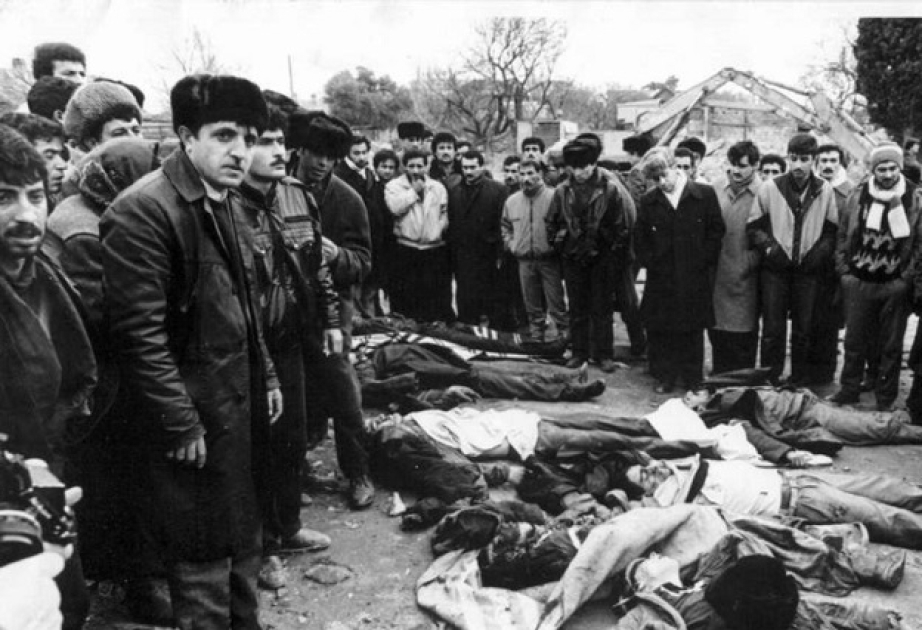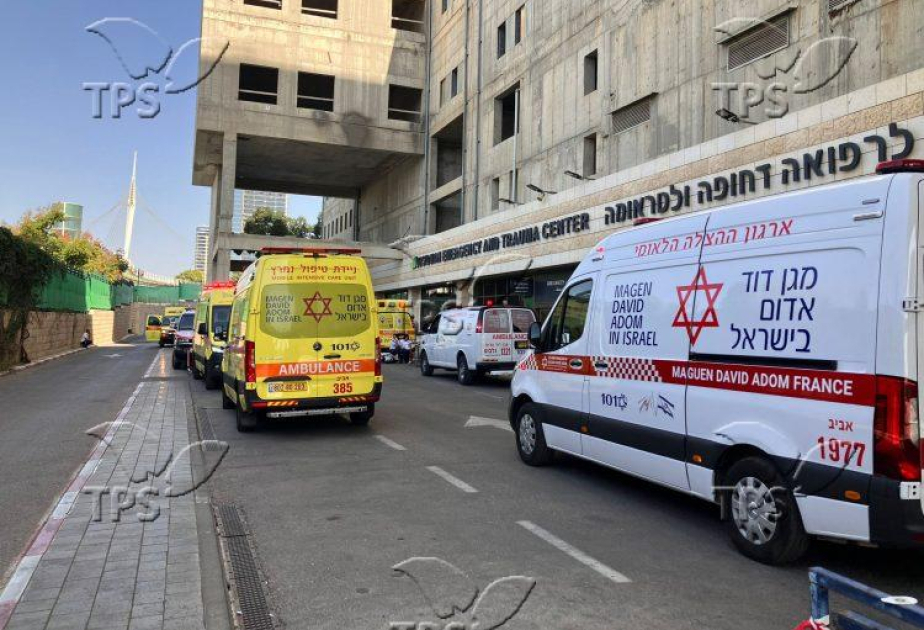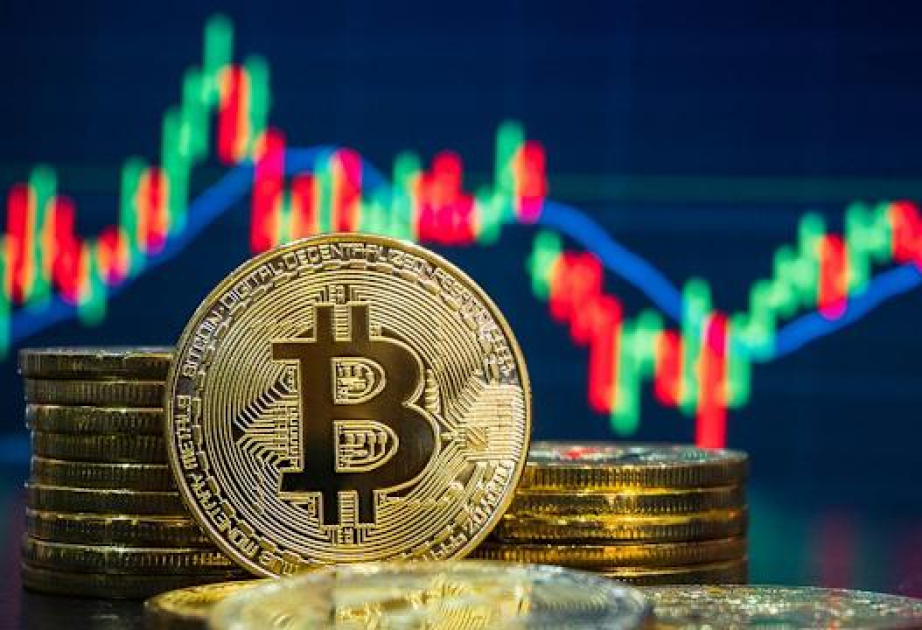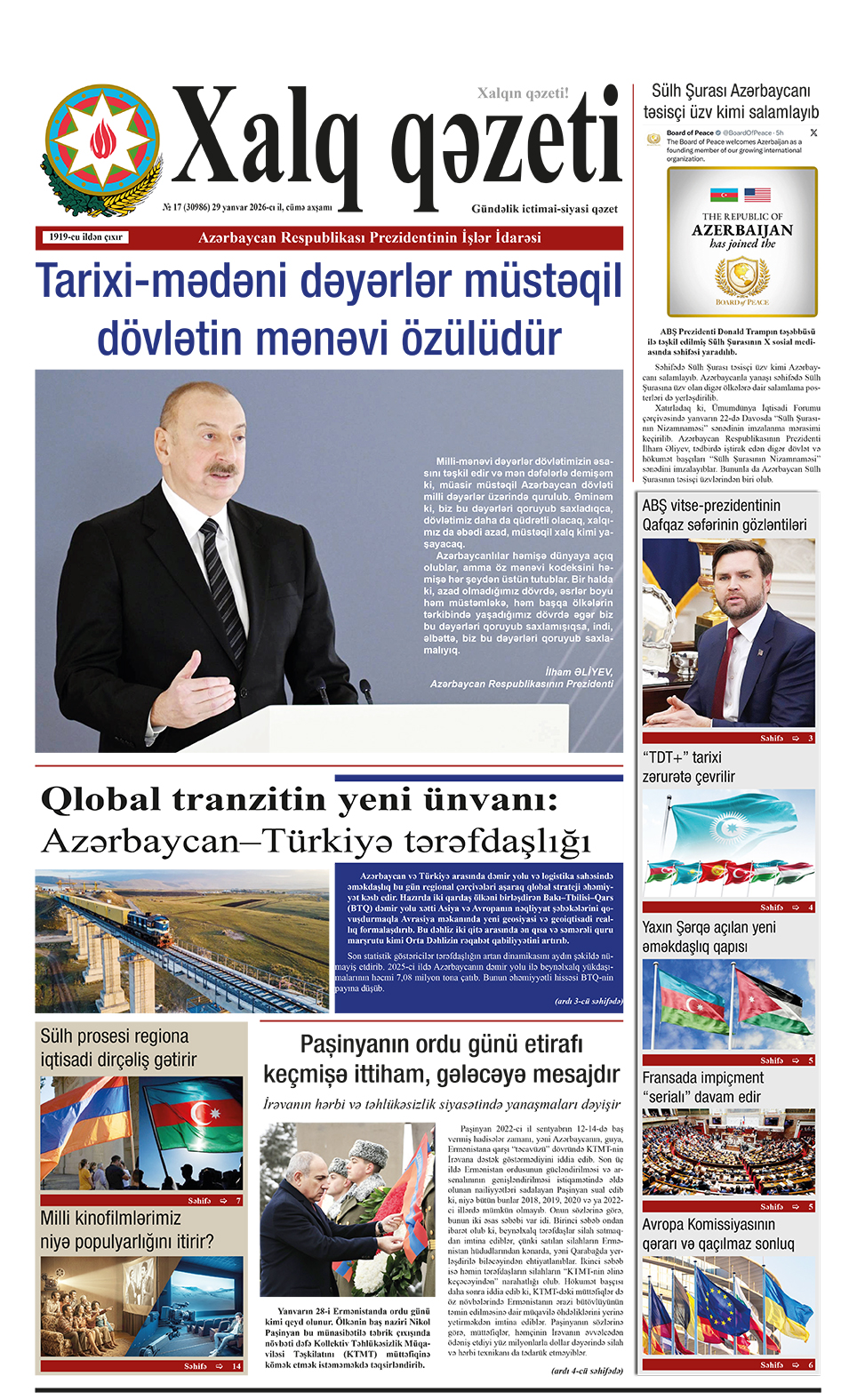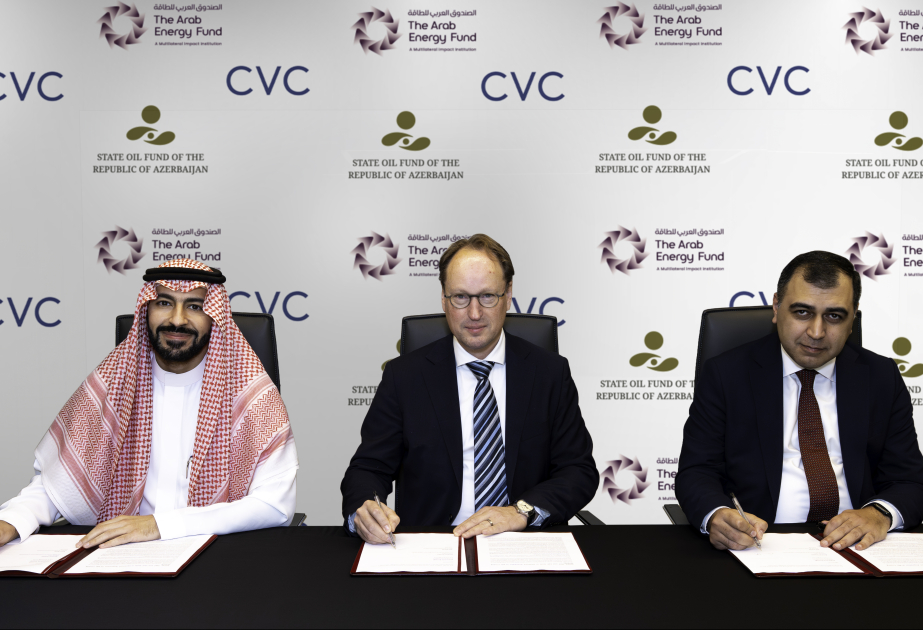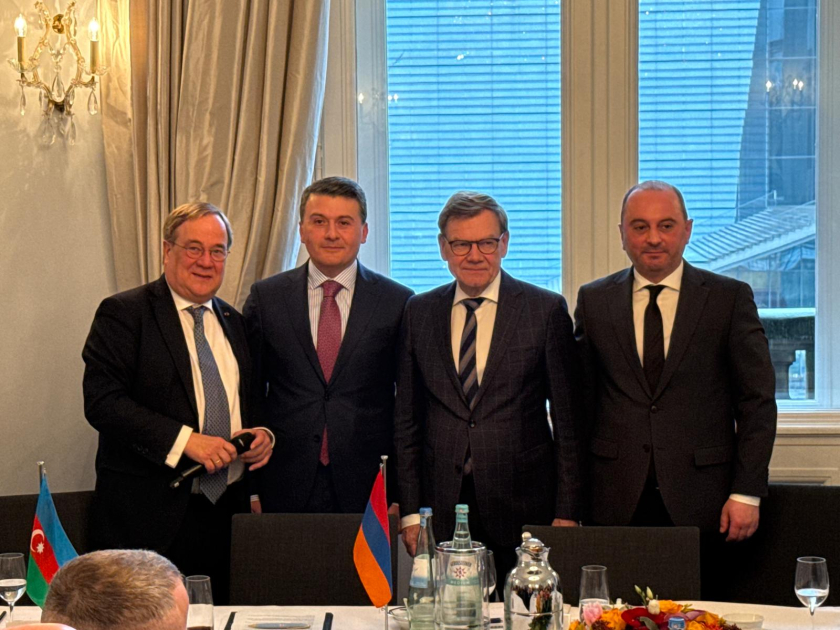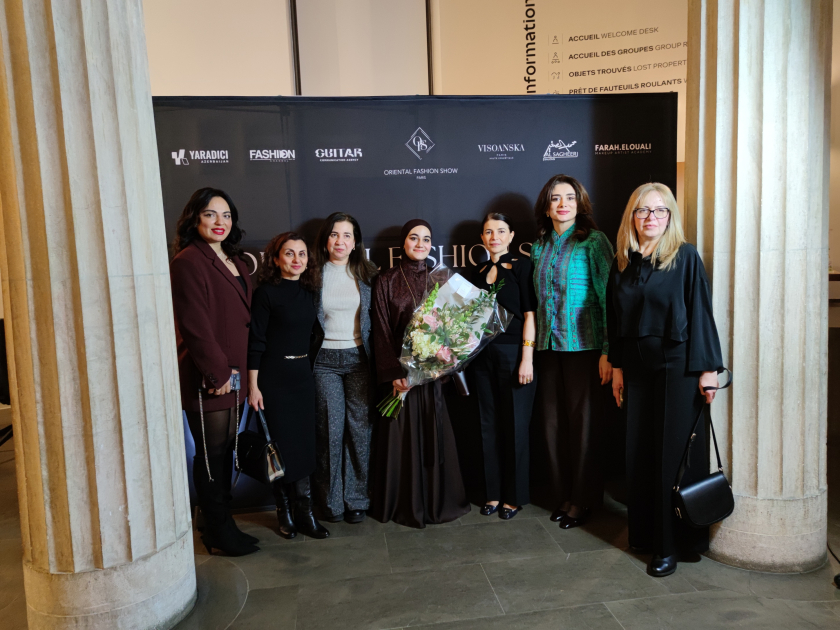The European Union agreed on Monday to slap Russia with a fresh round of sanctions that includes the long-awaited ban on diamonds, a valuable revenue stream for the Kremlin that has until now remained untouched, according to EuroNews.
Starting on 1 January, the bloc's 27 member states will no longer be allowed to buy natural and synthetic diamonds, as well as diamond jewellery, that come directly from Russia, unless these are meant for industrial purposes.
As of 1 March, the import ban will begin to cover Russian-origin diamonds and jewellery that have been cut and polished in other countries. And by 1 September, it will expand to lab-grown diamonds and watches containing diamonds.
Belgium, the main entry point for Russian diamonds, will use a blockchain-based traceability system to identify and verify the origin of imported diamonds.
The raft of sanctions – the 12th since February 2022 – also aims to close the loopholes that have pierced through the price cap on Russian oil, which the G7 had set at $60 per barrel. Moscow has in recent months sold its product well above the cap thanks to a fleet of "shadow tankers" and the services of little-known trading firms, easily bypassing the commercial constraints the West thought to have under control.
The penalties do not alter the $60-per-barrell limit but introduce new measures to ensure the global sales of Urals oil stay within the price cap, like a notification requirement for the sale of EU-made tankers destined for Russia. The requirement will apply retroactively to track down where the tankers sold over the past year have ended up.
Moreover, the package adds 29 companies to the list of entities linked to Russia's military complex, including firms registered in Uzbekistan and Singapore that are suspected of helping the Kremlin get a hold of blacklisted high tech.
No Chinese company was targeted this time, despite previous media reports.
In a new attempt to crack down on the persistent problem of circumvention, European producers of sensitive goods, such as aviation, jet fuels and firearms, will have to comply with a contractual clause that prohibits their merchandise from being re-exported to Russia – and therefore from reaching the battlefield.
"We continue to stand with Ukraine, through thick and thin," said European Commission President Ursula von der Leyen, celebrating the deal.
The announcement made on Monday was only possible after Austria lifted its reservations. Initially, Vienna had blocked the deal over the addition of Raiffeisen Bank International (RBI) to Ukraine's list of "international sponsors of war." The list has no legal repercussions but entails considerable reputational damage.
Ukraine's anti-corruption agency had targeted RBI, the largest Western bank in Russia, for allegedly providing services to "oligarchs close to the Kremlin." Vienna took exception to this reasoning and pushed for the firm's name to be removed.
The designation was suspended last week, paving the way for a resolution.
The news comes at a critical moment for Kyiv, which is pleading with Western allies to urgently step up their military and financial assistance to help the war-battered nation resist the advancing Russian troops.
During last week's dramatic summit in Brussels, EU leaders agreed to start accession negotiations with Ukraine, a sought-after goal by President Volodymyr Zelenskyy. But hours later, Hungarian Prime Minister Viktor Orbán wielded his veto power to prevent the approval of a €50-billion special fund in long-term support for Ukraine.
Notably, Hungary did not veto the latest round of sanctions.


